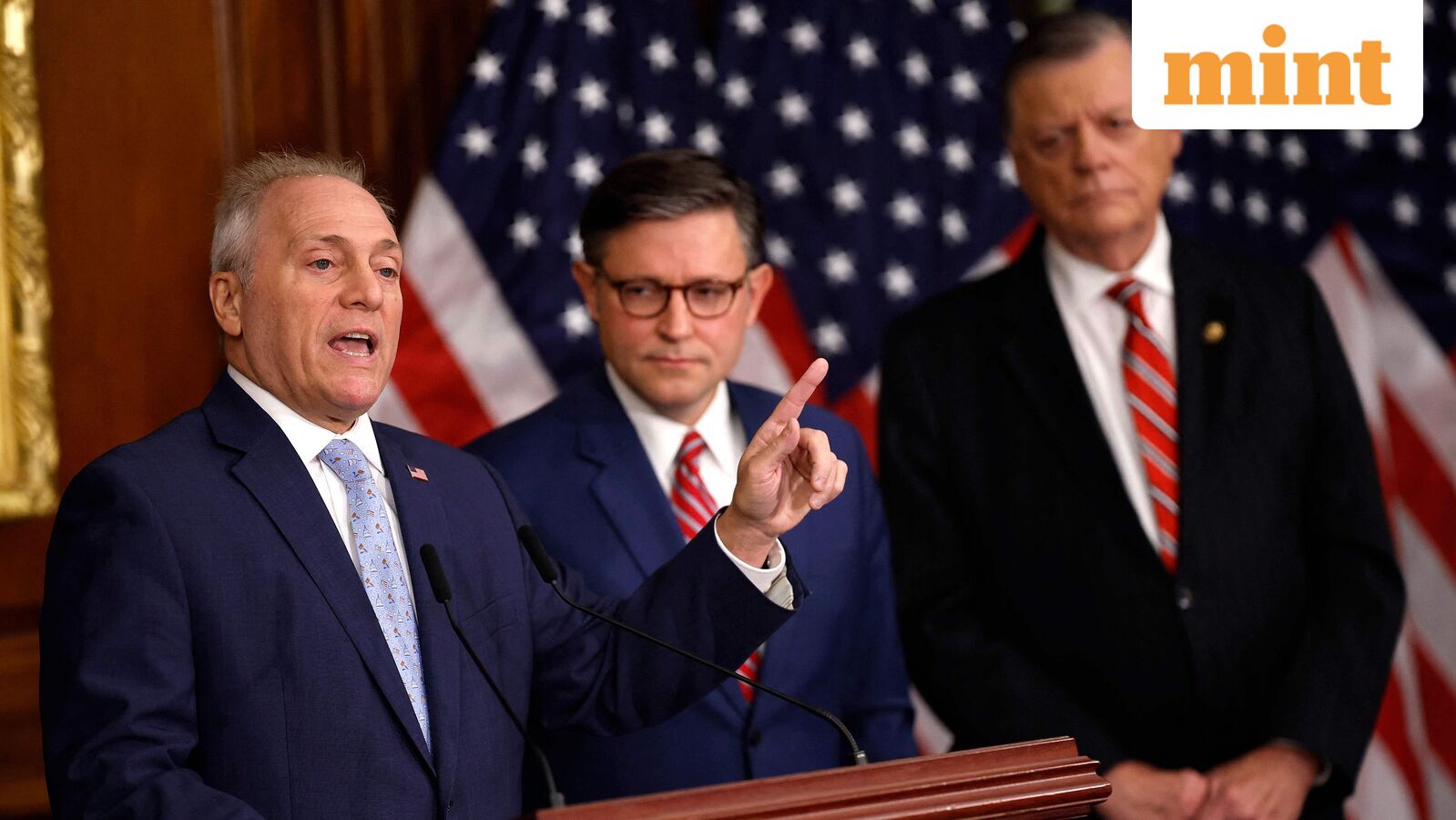Politics
US Government Shutdown Enters Ninth Day Amid Funding Deadlock

The United States government remains in a state of shutdown as of October 8, 2023, after the Senate failed to pass either a Republican- or Democratic-supported short-term funding bill. This marks the sixth consecutive unsuccessful attempt to extend federal funding, now entering its ninth day. Lawmakers rejected a continuing resolution that would have funded the government through November 21, with a vote tally of 54-45, falling short of the 60 votes required for advancement.
The Senate’s failure to pass the proposed funding bills further complicates the situation for federal programs and workers. Three Democratic senators voted in favor of the Republican measure, while only one Republican, Senator Rand Paul of Kentucky, opposed it. Additionally, the Senate rejected the Democrats’ version of the funding bill, which included health care provisions, leaving Congress in a deadlock.
President Donald Trump has indicated potential changes regarding back pay for furloughed federal workers once the shutdown concludes. Traditionally, furloughed workers have received back pay; however, Trump stated, “It depends on who we’re talking about,” when asked about guarantees for back pay. He added, “For the most part, we’re going to take care of our people. There are some people that really don’t deserve to be taken care of, and we’ll take care of them in a different way.”
House Republicans Demand Action
House Republicans expressed their frustration over the ongoing impasse, calling on Senate Democrats to take action. House Majority Leader Steve Scalise criticized the stalemate, urging, “This madness can end. This madness needs to end with sanity finally emerging.” He implored Senate Minority Leader Chuck Schumer to consider the impact of the shutdown on millions of families.
Some lawmakers at the press conference reiterated claims that Democrats are attempting to provide health care to undocumented immigrants, despite federal law only permitting emergency Medicaid coverage for such individuals. This contentious issue has become a focal point in the funding negotiations.
Health Care Provisions at the Center of the Stalemate
The deadlock largely revolves around the future of Affordable Care Act subsidies, which are set to expire at the end of the year. Republicans maintain that this issue can be addressed later, while Democrats argue for immediate resolution to avoid significant increases in insurance rates. The failure to agree on health care provisions has stalled negotiations and further complicated the path forward for federal funding.
As the shutdown continues, federal employees and programs are left in uncertainty, heightening public concern over the government’s inability to reach a consensus on crucial funding measures. With no immediate resolution in sight, the potential for prolonged disruption remains a pressing issue for the American public and government operations alike.
-

 World3 months ago
World3 months agoSBI Announces QIP Floor Price at ₹811.05 Per Share
-

 Lifestyle3 months ago
Lifestyle3 months agoCept Unveils ₹3.1 Crore Urban Mobility Plan for Sustainable Growth
-

 Science2 months ago
Science2 months agoNew Blood Group Discovered in South Indian Woman at Rotary Centre
-

 Sports2 months ago
Sports2 months agoBroad Advocates for Bowling Change Ahead of Final Test Against India
-

 World3 months ago
World3 months agoTorrential Rains Cause Flash Flooding in New York and New Jersey
-

 Top Stories3 months ago
Top Stories3 months agoKonkani Cultural Organisation to Host Pearl Jubilee in Abu Dhabi
-

 Science3 months ago
Science3 months agoNothing Headphone 1 Review: A Bold Contender in Audio Design
-

 Sports2 months ago
Sports2 months agoCristian Totti Retires at 19: Pressure of Fame Takes Toll
-

 Top Stories3 months ago
Top Stories3 months agoAir India Crash Investigation Highlights Boeing Fuel Switch Concerns
-

 Business3 months ago
Business3 months agoIndian Stock Market Rebounds: Sensex and Nifty Rise After Four-Day Decline
-

 Politics3 months ago
Politics3 months agoAbandoned Doberman Finds New Home After Journey to Prague
-

 Top Stories3 months ago
Top Stories3 months agoPatna Bank Manager Abhishek Varun Found Dead in Well









